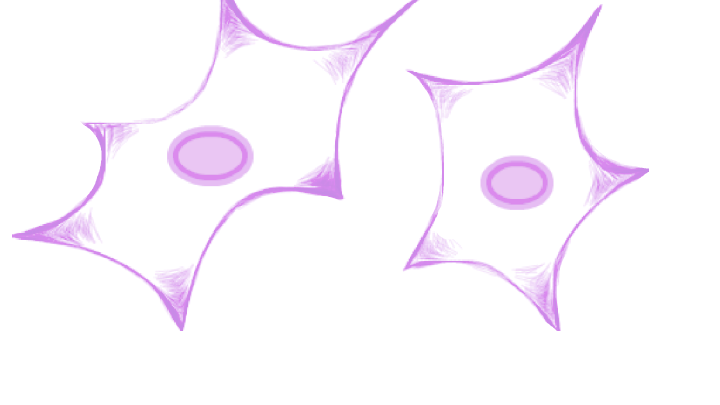Cell Senescence Entries for TP63
- Cell Types
- Foreskin fibroblast
- Cell Lines
- BJ
- Cancer Cell?
- No
- Method
- Knockout
- Type of senescence
- Oncogene-induced
- Senescence Effect
- Induces
- Primary Reference
- Guo et al. (2009) TAp63 induces senescence and suppresses tumorigenesis in vivo. Nat Cell Biol 11(12)1451-7 (PubMed)
TP63 Gene Information
- HGNC symbol
- TP63
- Aliases
- EEC3; KET; NBP; OFC8; p51; p53CP; p63; p73H; p73L; SHFM4; TP53CP; TP53L; TP73L
- Common name
- tumor protein p63
- Entrez Id
- 8626
- Description
- This gene encodes a member of the p53 family of transcription factors. The functional domains of p53 family proteins include an N-terminal transactivation domain, a central DNA-binding domain and an oligomerization domain. Alternative splicing of this gene and the use of alternative promoters results in multiple transcript variants encoding different isoforms that vary in their functional properties. These isoforms function during skin development and maintenance, adult stem/progenitor cell regulation, heart development and premature aging. Some isoforms have been found to protect the germline by eliminating oocytes or testicular germ cells that have suffered DNA damage. Mutations in this gene are associated with ectodermal dysplasia, and cleft lip/palate syndrome 3 (EEC3); split-hand/foot malformation 4 (SHFM4); ankyloblepharon-ectodermal defects-cleft lip/palate; ADULT syndrome (acro-dermato-ungual-lacrimal-tooth); limb-mammary syndrome; Rap-Hodgkin syndrome (RHS); and orofacial cleft 8. [provided by RefSeq, Aug 2016].
TP63 Ontologies
- Gene Ontology
-
Process: GO:6355; regulation of transcription, DNA-templated
GO:6915; apoptotic process
GO:45892; negative regulation of transcription, DNA-templated
GO:45893; positive regulation of transcription, DNA-templated
GO:51262; protein tetramerization
GO:7219; Notch signaling pathway
GO:6357; regulation of transcription by RNA polymerase II
GO:32502; developmental process
GO:122; negative regulation of transcription by RNA polymerase II
GO:1501; skeletal system development
GO:1736; establishment of planar polarity
And 57 more GO terms Cellular component: GO:5634; nucleus
GO:5654; nucleoplasm
GO:5791; rough endoplasmic reticulum
GO:30425; dendrite
GO:32991; protein-containing complex
GO:43005; neuron projection
GO:785; chromatin
GO:5737; cytoplasm
Show all GO termsFunction: GO:46872; metal ion binding
GO:3677; DNA binding
GO:42802; identical protein binding
GO:3700; DNA-binding transcription factor activity
GO:5515; protein binding
GO:976; transcription cis-regulatory region binding
GO:981; DNA-binding transcription factor activity, RNA polymerase II-specific
GO:978; RNA polymerase II cis-regulatory region sequence-specific DNA binding
GO:1228; DNA-binding transcription activator activity, RNA polymerase II-specific
GO:3682; chromatin binding
GO:3684; damaged DNA binding
And 8 more GO terms
Homologs of TP63 in Model Organisms
In other databases
- GenAge model organism genes
- A homolog of this gene for Mus musculus is present as Trp63
- GenAge human genes
- This gene is present as TP63
External links
- OMIM
- 603273
- Ensembl
- ENSG00000073282
- Entrez Gene
- 8626
- UniGene
- 137569
- 1000 Genomes
- 1000 Genomes
- HPRD
- GenAtlas
- TP63
- GeneCards
- TP63
